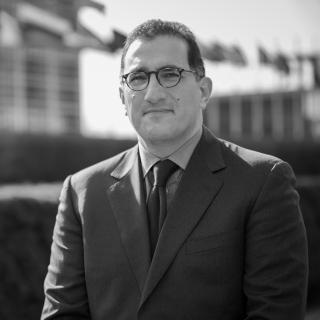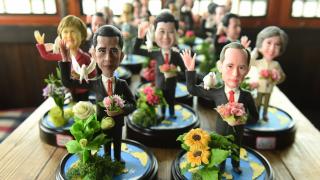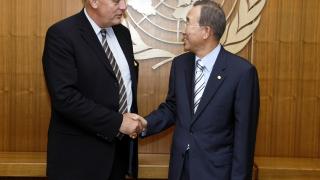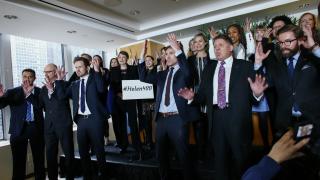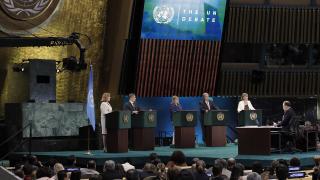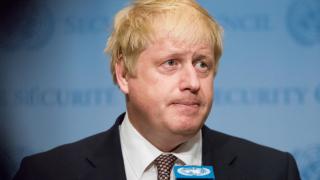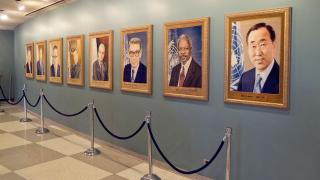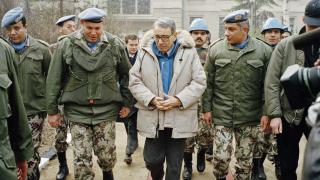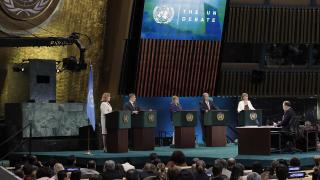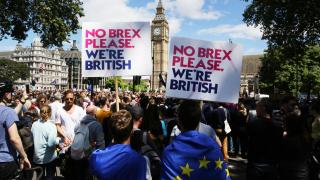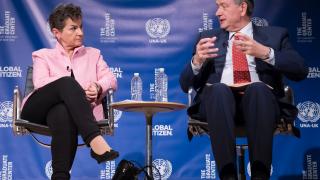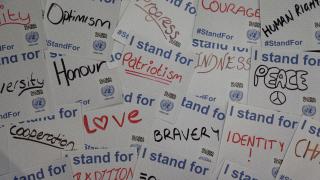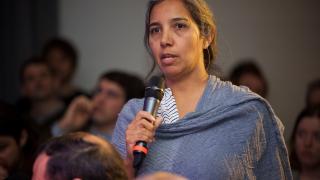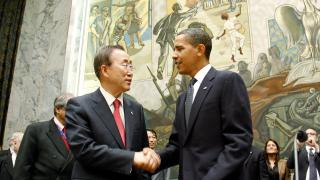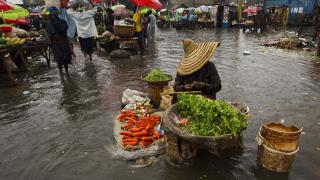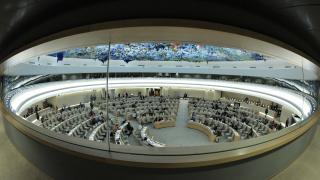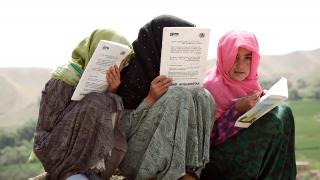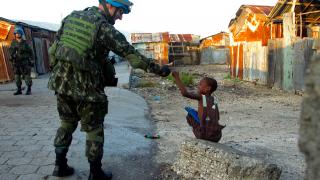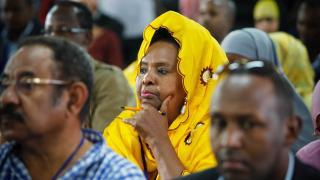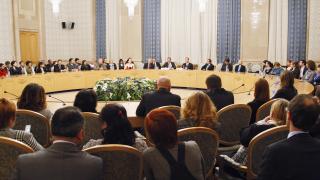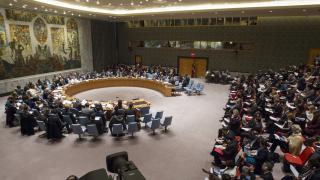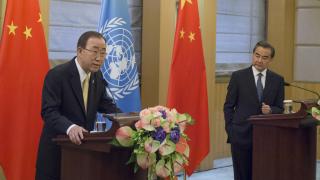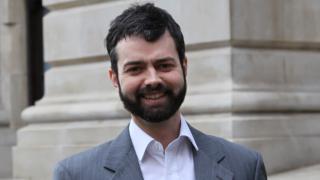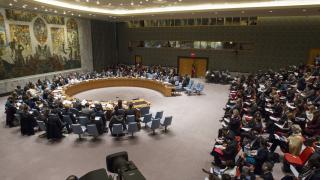
In May 2016, for the first time in the history of the UN, countries competing for a non-permanent seat on the Security Council participated in an open election debate to present their candidacies. Never before had Ambassadors sat together in front of their peers to openly indicate why their country should be elected to the Security Council. A stark change from the private pledging meetings, a practice that holds a certain notoriety for dishonesty and deal-making, that have come to be the norm for election campaigns.
The World Federation of UN Associations (WFUNA), working with a mandate to strengthen and improve the UN, made the increased transparency of Security Council Election campaigns a top priority for 2016, a year in which we celebrate our 70th anniversary.
The Security Council, the body within the UN charged with maintaining global peace and security, is something everyone wants to see work more effectively and efficiently. Unfortunately, changing the way the Security Council operates is one of the larger beasts to tackle at the UN. Many have tried, and many have failed. So when an opportunity to make inroads presented itself, we did our best to grab it with both hands.
Alongside the five permanent Security Council members (P5) – China, France, Russia, the UK and the US—five seats for a two-year term are up for election every year. With the ten elected seats distributed on a geographical basis, it is common for just one candidate to be put forward from each regional bloc—a dynamic which is referred to as “clean-slate” elections. This year, three seats over two regions were contested. Competing for the two seats up for grabs from the Western Europe and Other group (WEOG) were Italy, the Netherlands and Sweden, while Kazakhstan and Thailand vied the sole seat in the Asia-Pacific group.
How did we get these risk-averse member states to agree? Well it turns out, that if you run a campaign for election on the basis of transparency and accountability, it becomes hard to turn down an invitation to showcase this very pledge. Nonetheless, even though we initially offered the opportunity to each of the competing countries to participate in mid-February, the final indication by the majority of participants came right down to the wire.
A strong social media presence and sustained advocacy efforts at the UN level resulted in full representation of all five competing countries on Election Debate day. With a vote for every UN member state, the debates were packed at the highest diplomatic level. Unlike the voting process for the next Secretary-General, the power wielded by every state is the same, and often an ambassador’s vote is at their own discretion.
During the debates, equal space was assigned to member states and civil society organisations to quiz ambassadors on their policy platforms. We worked to ensure the equal participation of civil society, including space for a few representatives from the Global South. As we brought the candidacies of the competing countries into an era of openness and transparency, we aimed to foster a culture whereby votes were secured for policy substance, rather than for favours owed.
One thing is for sure: the precedent has been set. We will hold the debates next year, and continue to ensure they are a fixture on the UN calendar. Moving forward, if each member state now has to think slightly longer about the platform and promises they will put forward, then this initiative is an overwhelming success.
These election debates, together with the recent positive movement by the 1 for 7 Billion campaign to bring transparency to the selection of the new Secretary General, show that the UN can be influenced by a strong civil society. These initiatives do not spring up overnight, and instead require perseverance and a continual push. Despite the many criticisms of the UN system as a whole, initiatives like these encourage invested onlookers that there is an appetite for transforming the institution into a body that is capable of handling the challenges of the 21st Century.
Of course, in the grand scheme of reform needed, these debates are only a small piece of the puzzle. For a civil society organisation charged with improving the effectiveness of the UN, the debates were a successful but pragmatic first foray into the overwhelming Security Council reform agenda.
Photo: Security Council meeting on “Maintenance of international peace and security: Inclusive development for the maintenance of international peace and security”. Copyright: UN Photo/Loey Felipe

